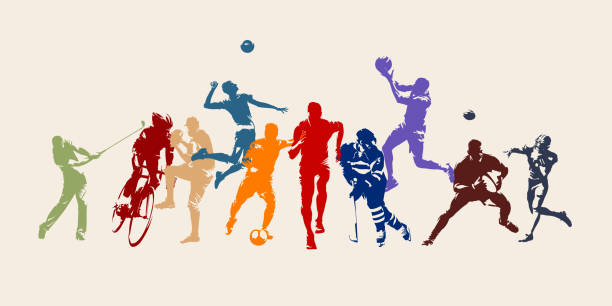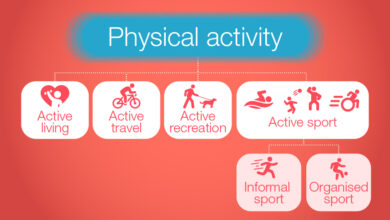Sports as a Tool for Personal and Professional Development

Sports are often seen as just a form of entertainment or a way to keep fit. However, there is much more to sports than just that. Sports can also be a powerful tool for personal and professional development. In this article, we will explore how sports can help individuals improve their skills, develop character, and achieve success in their personal and professional lives.
The Benefits of Participating in Sports
Physical Benefits
Playing sports is a great way to improve physical health. Regular exercise can help reduce the risk of obesity, heart disease, and other chronic illnesses. In addition, playing sports can improve strength, endurance, and flexibility.
Mental Benefits
Participating in sports can also have a positive impact on mental health. Exercise releases endorphins, which can reduce stress and anxiety. Playing sports can also help individuals develop a sense of accomplishment and self-esteem.
Social Benefits
Sports provide opportunities for social interaction and team-building. Team sports require players to work together, communicate effectively, and develop trust in one another. This can lead to the development of strong friendships and a sense of belonging.
Sports and Personal Development
Goal-Setting
Playing sports can help individuals develop goal-setting skills. Athletes must set goals for themselves and work hard to achieve them. This can translate into other areas of life, such as academics or career goals.
Time Management
Participating in sports requires a commitment of time and energy. Athletes must learn to balance their sports activities with other responsibilities, such as school or work. This can help individuals develop strong time management skills.
Perseverance
Sports can be challenging and require perseverance. Athletes must learn to push through adversity and overcome obstacles. This can help individuals develop resilience and a strong work ethic.
Leadership
Team sports provide opportunities for individuals to develop leadership skills. Athletes may be called upon to lead their teammates, communicate effectively, and make decisions under pressure. These skills can be valuable in many areas of life, including the workplace.
Sports and Professional Development
Teamwork
Many of the skills developed through sports are valuable in the workplace. Teamwork is a key component of success in many industries. Employers value individuals who can work effectively with others and communicate effectively.
Competitive Spirit
Playing sports can help individuals develop a competitive spirit. This can translate into the workplace, where individuals may be competing for promotions or other opportunities. A competitive spirit can help individuals stay motivated and strive for excellence.
Discipline
Athletes must be disciplined in their training and preparation. This can translate into the workplace, where individuals must be disciplined in their work habits and time management. Employers value individuals who can stay focused and organized.
Resilience
Sports can be unpredictable and require resilience. Athletes must learn to bounce back from losses and setbacks. This can translate into the workplace, where individuals may face challenges or failures. Resilience can help individuals stay motivated and maintain a positive attitude.



